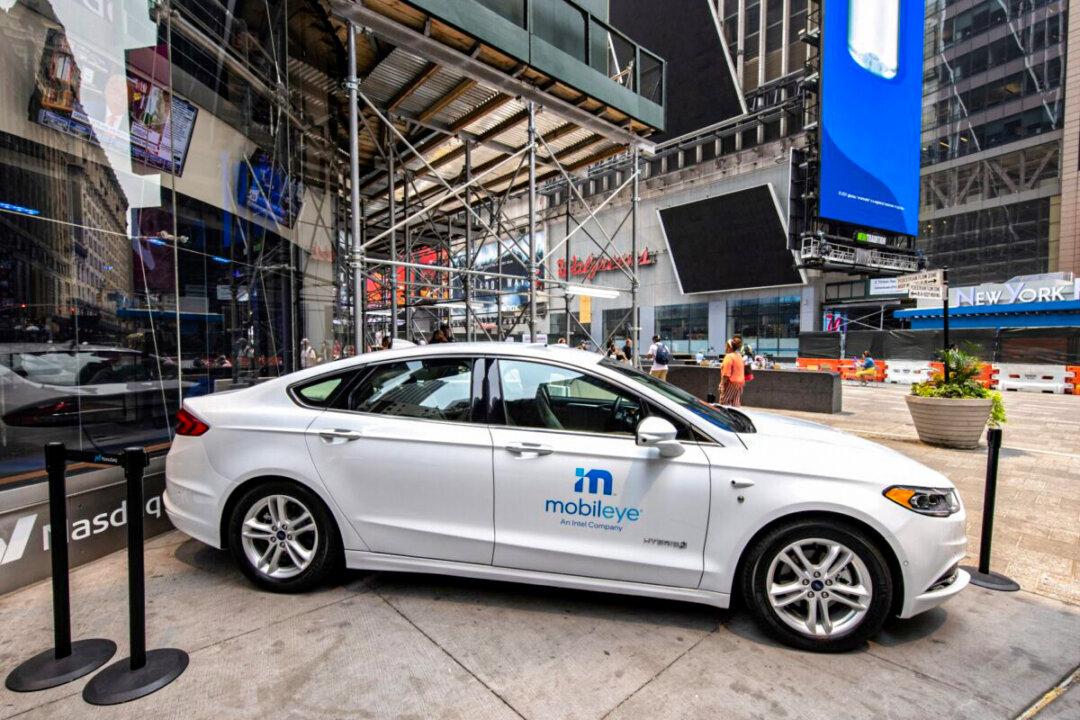San Francisco—Intel Corp’s Mobileye unit plans to build and deploy self-driving electric shuttles with its partners in the United States in 2024, in a bid to scale up its automated driving system beyond taxis and delivery vehicles, executives told Reuters.
Mobileye, Benteler EV Systems and Beep will launch the on-demand driverless shuttles, which will feature 12–14 seats and no steering wheel or pedal.





